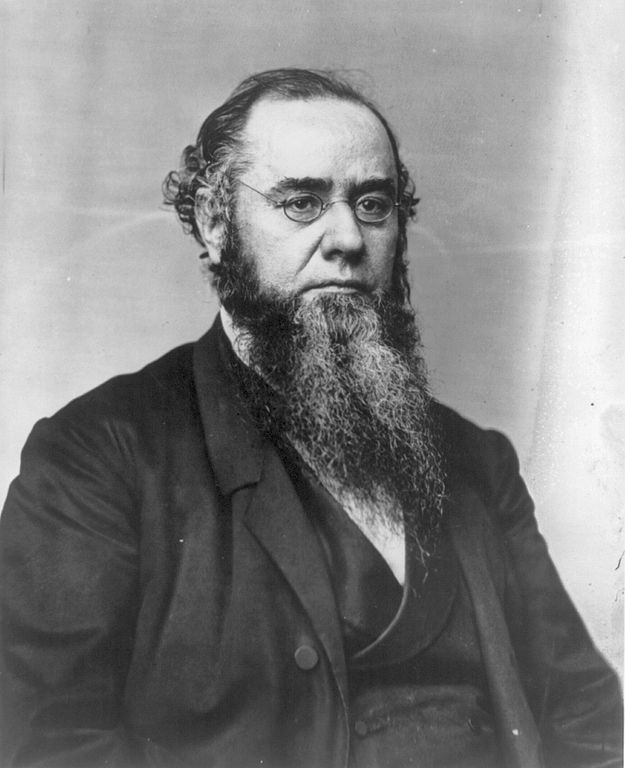
ADVERTISEMENT - CONTINUE READING BELOW
5. Booth’s early movements proved discouraging as he went through Maryland
Booth and Herold fled Washington to the southeast, arriving around midnight at Surratt’s Tavern. There they picked up a carbine, ammunition, and a set of good field glasses. All had been placed there through arrangements between Booth and Mary Surratt. They also encountered a boarder who knew Booth and later identified him as having been there. By the time they arrived at Surrattsville, as the small community was known, Booth was in considerable pain. Remaining at the tavern was an impossibility, and the fugitives left for the home of Samuel Mudd. Mudd later claimed he did not know the two men who arrived at his home in the early morning hours of April 15. Subsequent testimony of witnesses claimed he knew Booth quite well. Dr. Mudd set Booth’s leg, splinted it, and provided a room where the two men could rest.
Later that morning Mudd went into town, where he learned of the murder, the identity of the assassin, and the presence of federal troops in the vicinity. Dr. Mudd returned to his home, where he ordered the two men to leave immediately. Whether he provided them with directions to a possible safe house or not remains debated. Booth had already deviated from his planned escape route, and the presence of so many federal troops meant he would have to deviate from it still further. Using horses provided by Dr. Mudd, possibly pre-positioned by Booth during the kidnapping plot, the fugitives rode on a circuitous route, avoiding Bryantown, Maryland. Mudd had learned of federal troops using Bryantown as their base. Bound for the home of Confederate Colonel Samuel Cox, they quickly became lost on the unknown roads. Herold, for the first of many times, began to talk of surrender.

